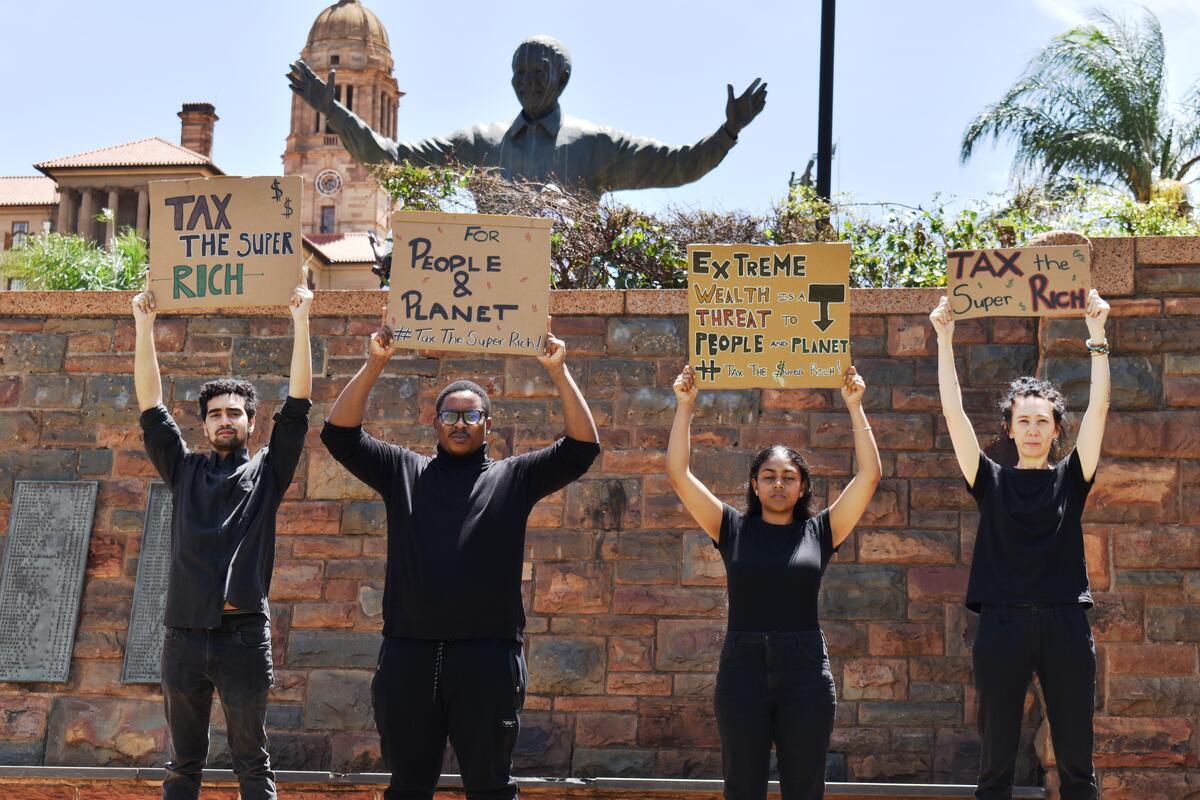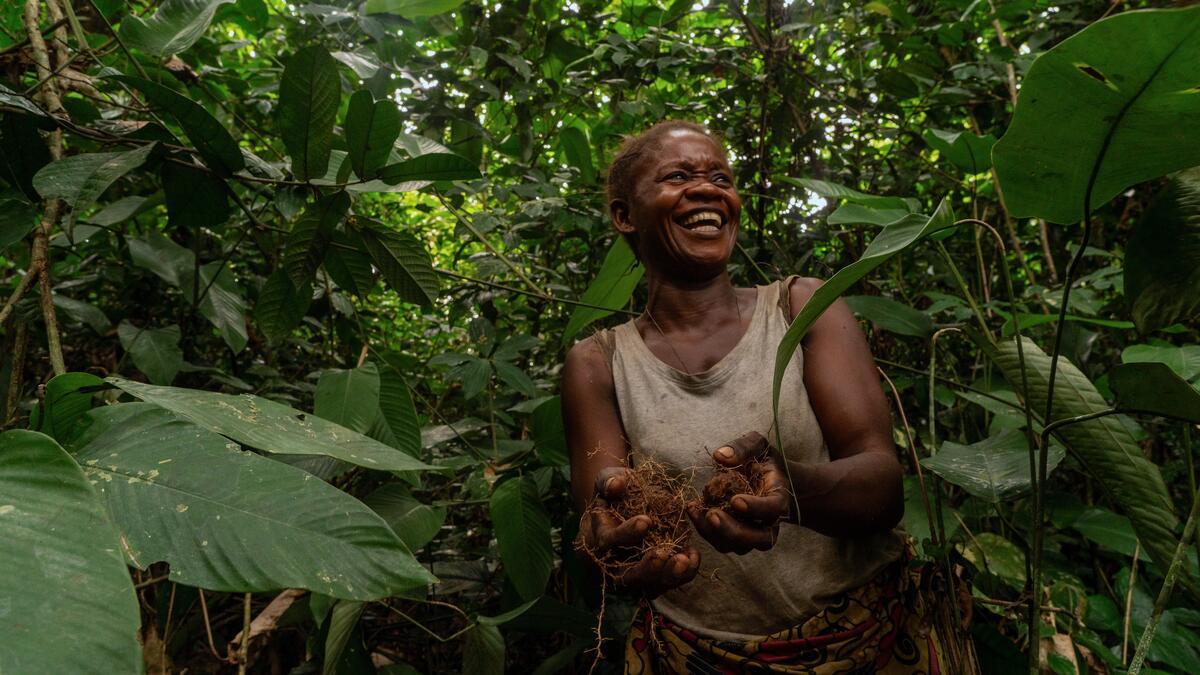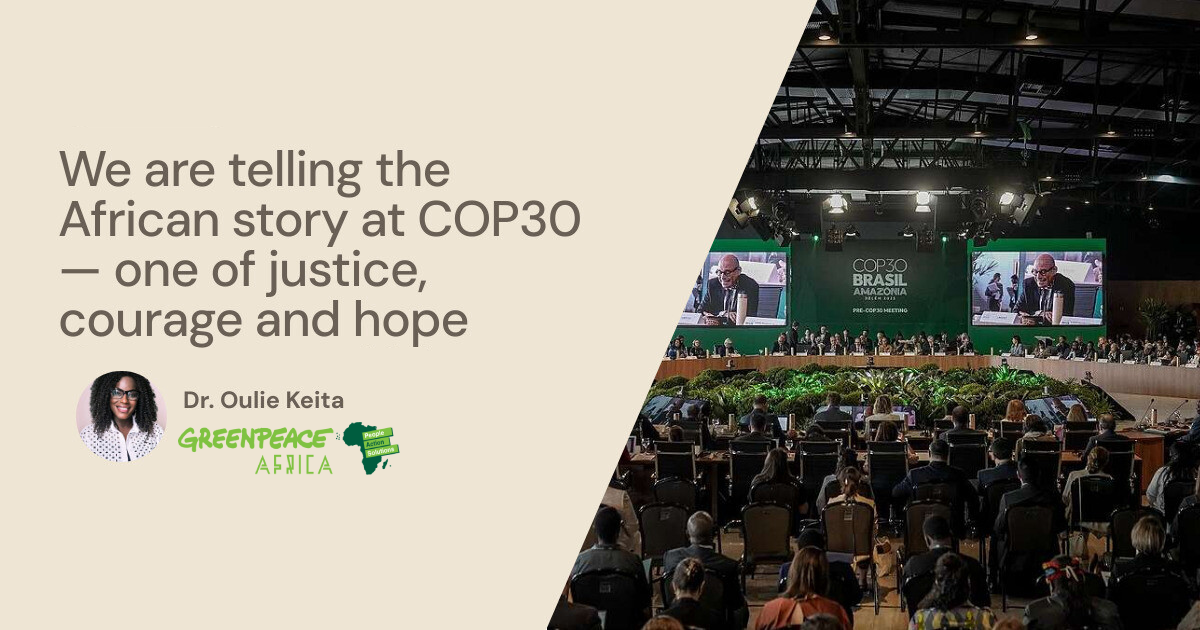With the threat of the current climate crisis, economic recession and the COVID-19 global pandemic, the women of South Africa face another threat daily – gender-based violence (GBV).
People nationwide have gathered in protest since September 2019 following an upsurge of brutal attacks on women throughout the country, including UCT student, Uyinene Mrwetyana, UWC student Jesse Hess and South African boxing champion, Leighandre Jegels. These protests sparked the Anti-Gender-Based Violence Movement, which birthed numerous organisations currently working towards protecting women, assisting survivors, and bringing about tangible change within South Africa.
The movement came to a sudden halt when the COVID-19 pandemic hit South Africa and citizens were forced into level-5 lockdown in February. This had devastating consequences for victims of gender-based violence, many of whom were stuck within the confines of their home with their abuser. GBV cases increased dramatically, Rose Gawaya, a gender adviser at the Social Policy Network claims. The government GBV and femicide command centre recorded more than 120,000 victims in the first three weeks of lockdown, and by the middle of April the call centre in Tshwane was receiving between 500 and 1,000 calls a day. Vodacom’s support call centres saw a 65% increase in calls from women and children confined to their homes during lockdown and in need of urgent help (Farber, 2020).
South Africa gradually moved towards level-1 lockdown and restrictions eased enough to allow people to gather in smaller groups, provided they adhere to social distancing and wear masks. The protests resumed on 27 June during level-3 lockdown on a National Day of Action Against GBV. Protests were held in Cape Town, Stellenbosch, East London, Durban and Johannesburg. The Anti-GBV Movement attempted to hand over a memorandum of 28 demands to government officials at each protest – the East London, Johannesburg and Cape Town groups were successful in receiving responses. The Durban group however, was met with force by the police, who attempted to disperse the crowd with 39 people initially being arrested and then being let off with a warning. The second National Day of Action took place on 28 August in Cape Town, Durban, Port Elizabeth, Johannesburg and Pretoria – most of which were peaceful and did not involve any police presence.
President Cyril Ramaphosa recently introduced three new bills to parliament in response to the protests, the bills are designed to bring justice to the victims of gender-based violence – they have been approved by the cabinet, but are still available for commentary and changes by the South African public through the parliament website. The bills aim to address three key issues relating to GBV: The Bill to Amend Criminal Law (sexual offences and related matters) which recognises sexual intimidation as an official offence, The Criminal and Related Matters Amendment Bill, which addresses the lack of accountability and adequate punitive measures for offenders, and lastly The Domestic Violence Amendment Bill, which extends the definition of domestic violence to include victims of assault by any person with which they are in a perceived romantic relationship with, this also protects older citizens who are abused by family members. The Domestic Violence Amendment Bill also allows one to apply for a protection order online, which will then be sent to the accused by email. Under this bill, the South African Police Service (SAPS) would be held accountable if they do not follow the correct procedures after someone has reported a case of domestic violence to them. Negligence on their part would be counted as misconduct and they would then be reported to the Civilian Secretariat for Police Service, Alvin Rapea (known as AP Rapea), who advises the police minister on civilian matters (Mlaba, 2020).
How to get involved
Organisations fighting GBV and assisting survivors with counselling, shelter, legal advice and more that you can volunteer, to mention a few, include Rape Crisis and the Saartjie Baartman Centre in Cape Town, Frida Hartley shelter in Johannesburg and POWA.
Boundless Boxes are hosting a “Bra’s Against Femicide” drive where they are collecting 2 700 bras to place on the steps of the Union Building as a call for government action against GBV, after the demonstration the bras will be donated to women’s shelters nationwide. There are drop off points in Durban, Cape Town, East London, Port Elizabeth, Roodepoort, Johannesburg, and Pretoria – you can contact them on Instagram to find out where your nearest drop-off point is.
During the 16 Days of Activism you can also take a picture of yourself holding up a protest sign and post it to social media with the following hashtags: #endfemicide #stopgbv #womenfightback and #16daysofactivism, non-anti-GBV hashtags can be used to ensure a wider reach. You can also tag government officials such as @presidencyza, @cyrilramaphosa, @our_da and @myanc_. For more information on protests and initiatives, you can follow these Instagram accounts: @SAWomenFB, @AntiGBV_SU and @GirlsAgainstOppression.
For further assistance, the following helplines have been set up to assist survivors of GBV:
- Gender-Based Violence Command Center: 0800 428 428
- Lifeline: 0800 150 150
- Please Call Me: *120*7867#
- SMS ‘HELP’ to 31531
- Skype: ‘HELPME GBV’
- TEARS: *134*7355#
- SAPS: 10111
References
Farber, T. (2020, September 1). Shocking stats on gender-based violence during lockdown revealed. Retrieved from Times Live: https://www.timeslive.co.za/news/south-africa/2020-09-01-shocking-stats-on-gender-based-violence-during-lockdown-revealed/
Mlaba, K. (2020, September 23). South Africa’s New Gender-Based Violence Laws: What You Should Know and How to Have Your Say. Retrieved from Global Citizen: https://www.globalcitizen.org/en/content/south-africa-new-laws-gender-violence-what-to-know/



